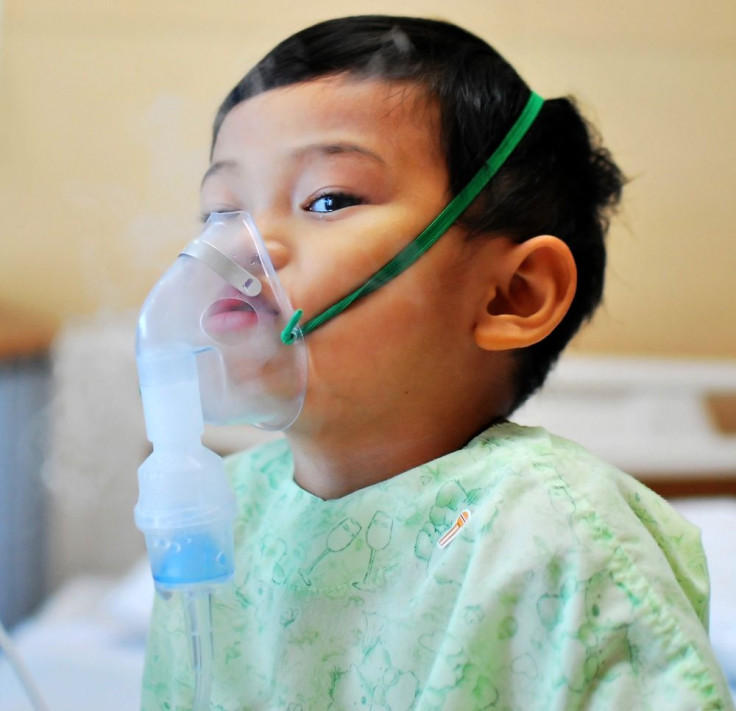Asthma, Wheezing Disorders More Common In Premature Babies

One out of eight babies is born prematurely (preterm) — before 37 weeks of pregnancy — every year in the United States, according to the Centers for Disease Control and Prevention (CDC). Their early birth — full term is 40 weeks — cuts short certain developmental processes, and puts them at risk for health problems. According to a recent study, these problems include asthma and other wheezing disorders.
Researchers conducted a meta-analysis of 30 studies that looked at a total of 1.5 million children. They found that children who were born preterm were 46 percent more likely to have asthma or wheezing disorders during childhood when compared to those who were born at full term. Even worse, but not surprising, children born before 32 weeks of pregnancy were almost three times as likely to have respiratory problems than full-term babies. The reason for this, the researchers wrote, is “structural lung immaturity,” and a deficiency in proteins and fats in the lungs that help reduce surface tension, allowing the lungs to expand and contract.
As children are more likely to survive preterm births due to advances in medical technology, incidences of asthma and other disorders have increased too. The researchers say that this is of particular concern because it seems that these disorders don’t end with childhood, and instead carry on into adulthood. “The current findings do not support prior suggestions that the association between preterm birth and wheezing disorders become less prominent with increasing age,” they wrote. “Instead, the strength of the association was similar across age groups, suggesting that the pulmonary consequences of preterm birth tend to persist throughout the life course.”
Because of these issues, the researchers — along with the CDC — recommend taking steps to try to prevent a preterm birth. The CDC suggests, perhaps most obviously, that mothers who smoke or drink alcohol quit. A healthy diet, taking prenatal vitamins, and at least 400 micrograms daily of folic acid can also help.
Over the last 10 years, asthma rates have grown by nearly 15 percent, according to the CDC. It’s characterized by coughing, shortness fo breath, wheezing, and tightness in the chest. An asthma attack usually occurs when a person’s airways become inflamed, causing difficulty breathing. In 2009, there were 1.9 million asthma-related emergency department visits, and the CDC estimates that as many as nine people die from it every day.
Source: Been J, Lugtenberg M, Smets E, et al. Preterm Birth and Childhood Wheezing Disorders: A Systematic Review and Meta-Analysis. PLOS One. 2014.
Published by Medicaldaily.com



























